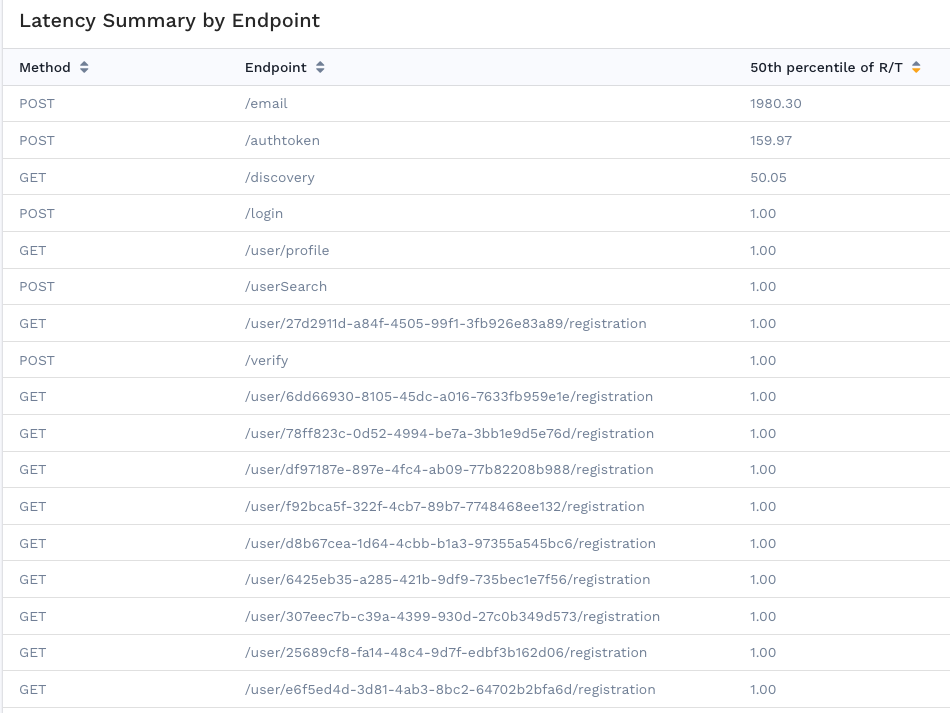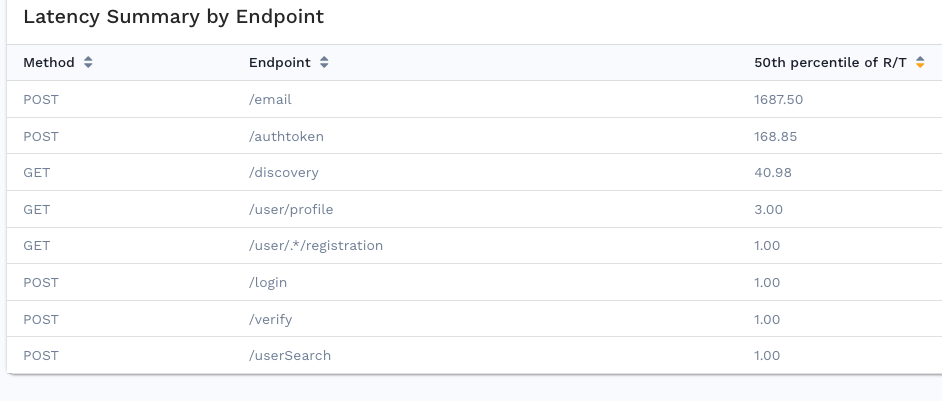Traffic
The traffic section contains high-level, and commonly modified, settings for the generator and responder.
The tool tip for each setting should point you in the right direction and more nuanced settings are covered here.
Custom URL
Custom URL accepts a full or partial URL and creates transforms which will override the base URL of requests during replay.
- If a scheme is provided the scheme of the request will be replaced
- if a hostname is provided the hostname of the request will be replaced
- If a port is provided the port of the request will be replaced
If the custom URL contains a scheme a scheme transform is created. If the custom URL contains a hostname a hostname transform is created. If the custom URL contains a port a port transform is created.
Here are a few examples:
Endpoint Grouping
Traditionally the latency summary table is provided with the raw endpoints observed during replay, but a common pattern in API design involves embedding identifiers as a part of the URL. This leads to so many entries in the table that they are no longer useful.
Here the /user/{id}/registration endpoint has a new entry for each user.

By providing endpoint regex patterns in the test config we can group distinct URLs together into what we would call a single API endpoint in an API server.
Using regular expressions (regex) we can group endpoints so they make more sense. Here
we set the Endpoint regex pattern to /user/.*/registration.

Now replays run with this test config will provide a more concise latency summary table.

And using the exact same pattern in goals will set thresholds for the endpoint group.

Regex Troubleshooting
We recommend validating your regex by navigating to regex101.com and selecting the Golang flavor on the left.
- both Endpoint regex and Method regex are optional
- an endpoint may only match 1 pattern so place more specific patterns at the top
- partial text will match, for example the pattern
condwill match the endpoint/first/second/third